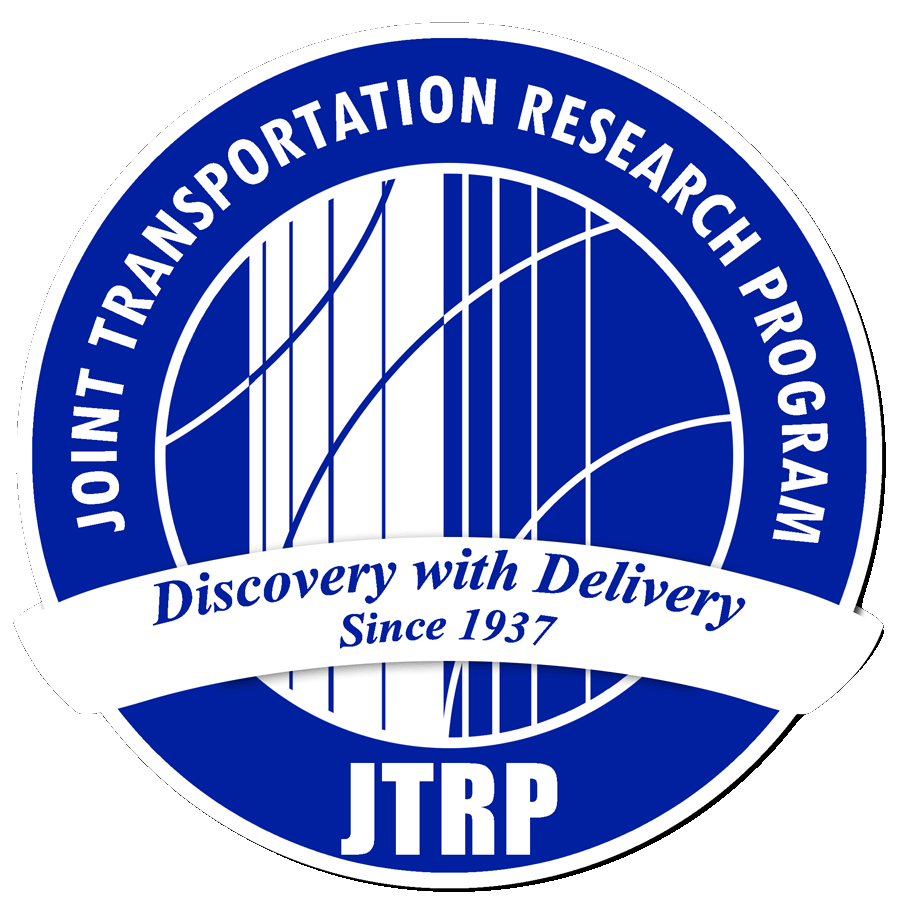Abstract
Researchers and engineers continue to ponder over the reliability of construction cost forecasts made at the early stages of project development. After a project has been incorporated in the statewide transportation improvement program, increasingly detailed estimates of its cost are prepared at the remaining stages of project development, namely, design estimate, engineer’s estimate, and bid estimate. The accuracy of such estimates has critical consequences on contract administration and asset management in general. Most agencies do not have a methodological framework to identify projects where final cost is likely to exceed the cost estimate, or where the cost estimate is likely to exceed the final cost. This study presents such a methodology for identifying contracts that are likely to experience cost overrun at different stages of the project development process. Also, the study analyzes escalation patterns of cost estimates across the stages of project development. The application of the methodology is demonstrated using data from Indiana. Monte Carlo simulations were conducted to analyze the variability in probabilities of escalation patterns and cost overruns. To facilitate implementation of the study results, a software tool was developed using the developed models to identify contracts that are more likely to experience cost overrun in Indiana. The methodology can, however, be used by other highway agencies. For the case study, the results showed that for expansion (capacity addition) and bridge contracts, the probability of cost overrun increased with increase in contract size. For pavement projects, large contracts (exceeding $5 million) were found to be more likely to experience a cost underrun compared to small contracts. Pavement contracts in urban areas were found to be more likely to experience cost overrun compared to their rural counterparts. For expansion and bridge contract cost overrun, no significant difference in cost overrun likelihood was found between urban and rural areas. Expansion and pavement contracts on Non-NHS highways were found to be more likely to experience cost overrun, compared to such contracts on NHS highways. Bridge contracts on Interstates were more likely to experience cost overrun compared to Non-Interstates. Furthermore, it was found that as the time duration between project proposal and design completion increased, the tendency of a contract to experience cost overrun increased. Longer time spans between project proposal and letting were also found to increase the probability of cost overrun. In addition, the risk of occurrence of a particular escalation pattern was found to influence the probability of cost overrun
Keywords
Ex post facto Evaluation, Construction Cost, Overrun, Underrun, Overrun pattern, Cost Estimation, SPR-3012
Report Number
FHWA/IN/JTRP-2009/33
SPR Number
3012
Performing Organization
Joint Transportation Research Program
Publisher Place
West Lafayette, Indiana
Date of Version
3-2010
DOI
10.5703/1288284314274
Recommended Citation
Bhargava, A., S. Labi, and K. C. Sinha. Development of a Framework for Ex Post Facto Evaluation of Highway Project Costs in Indiana. Publication FHWA/IN/JTRP-2009/33. Joint Transportation Research Program, Indiana Department of Transportation and Purdue University, West Lafayette, Indiana, 2010. https://doi.org/10.5703/1288284314274Project Number
C-36-64P
File Number
3-5-16


